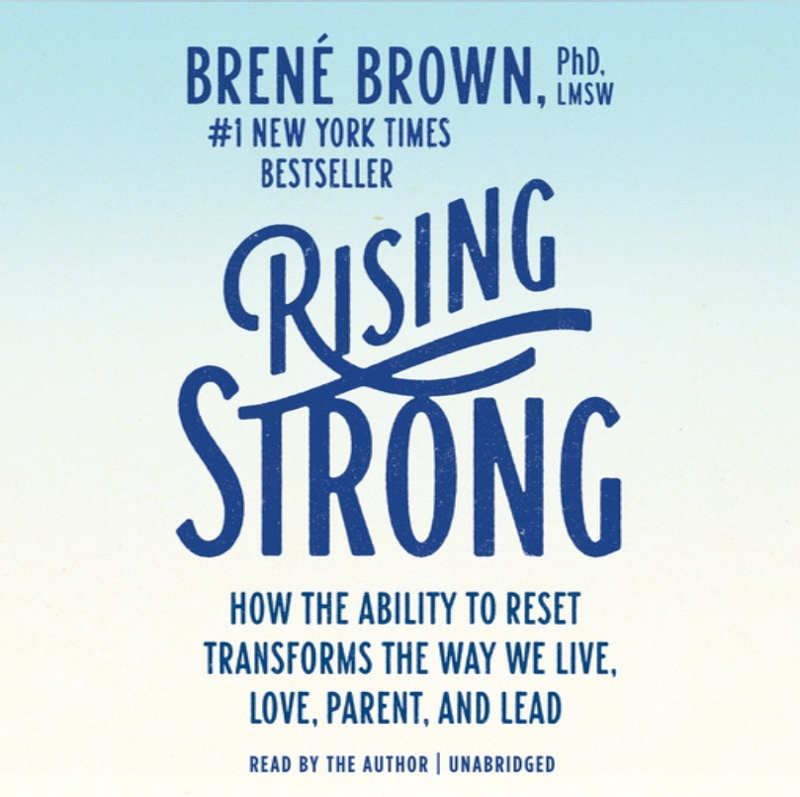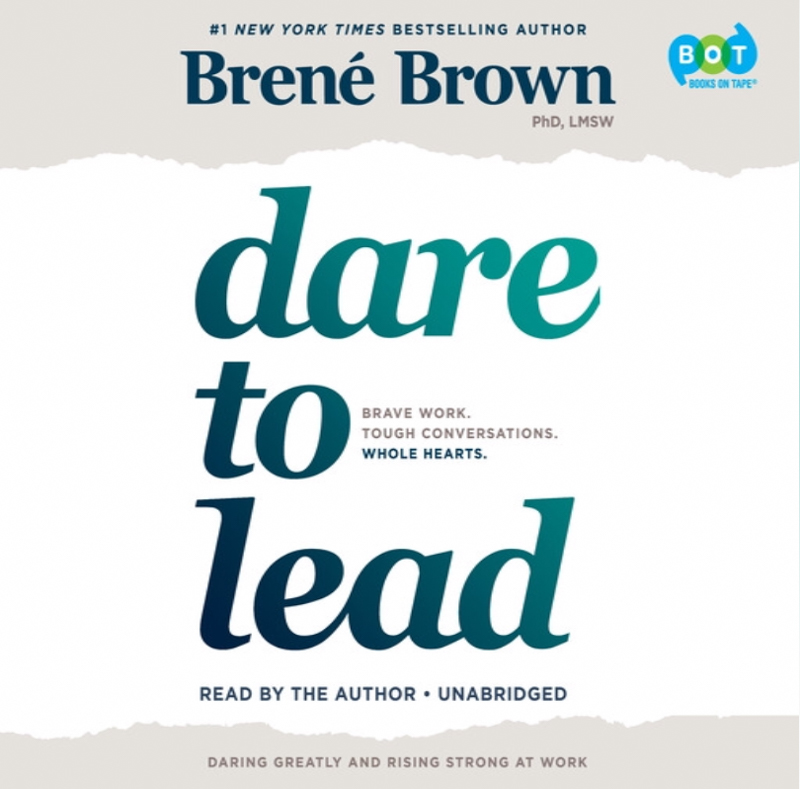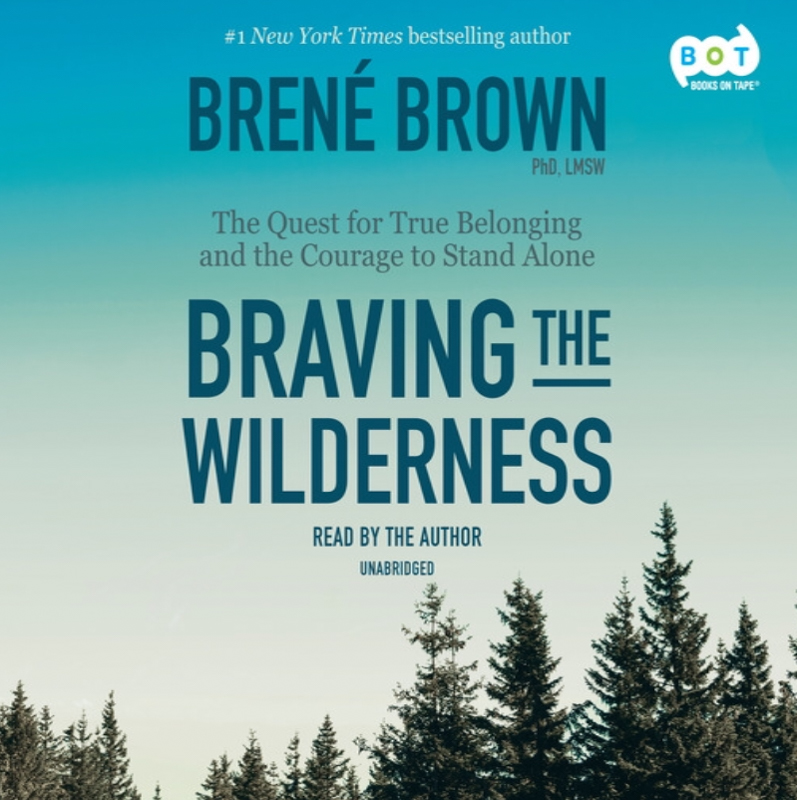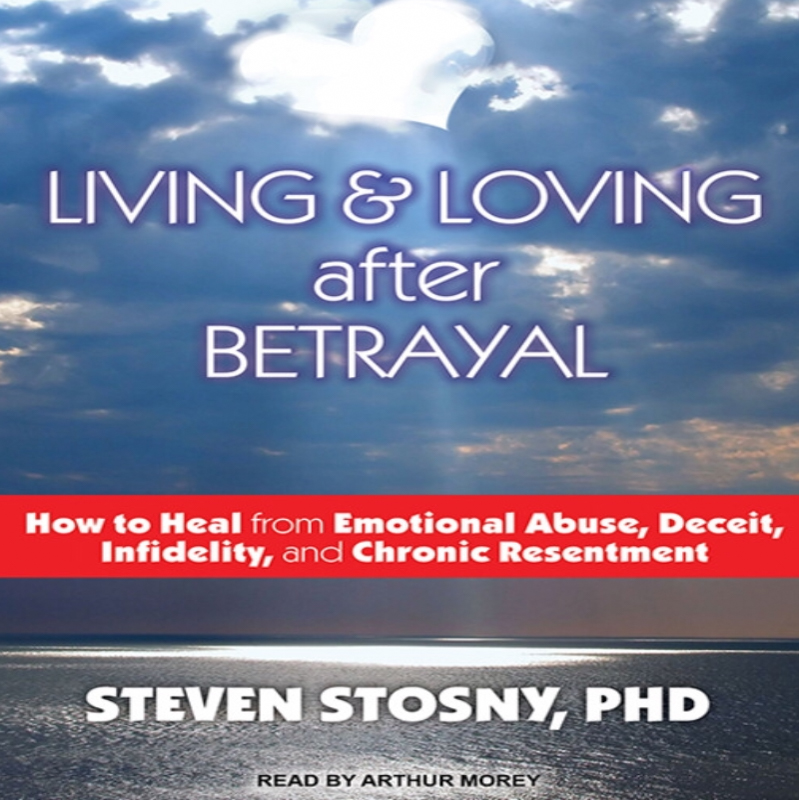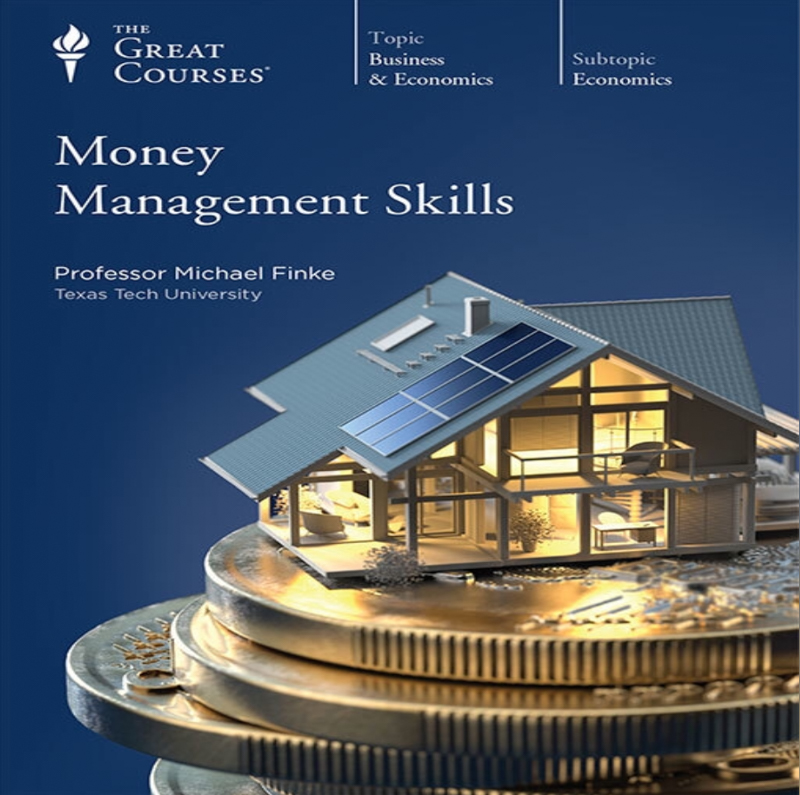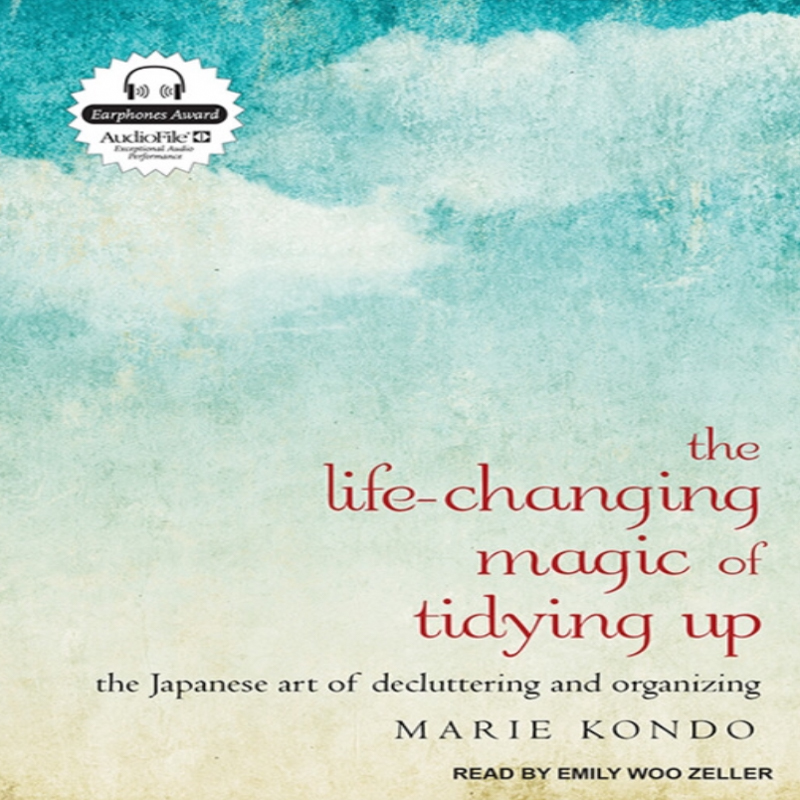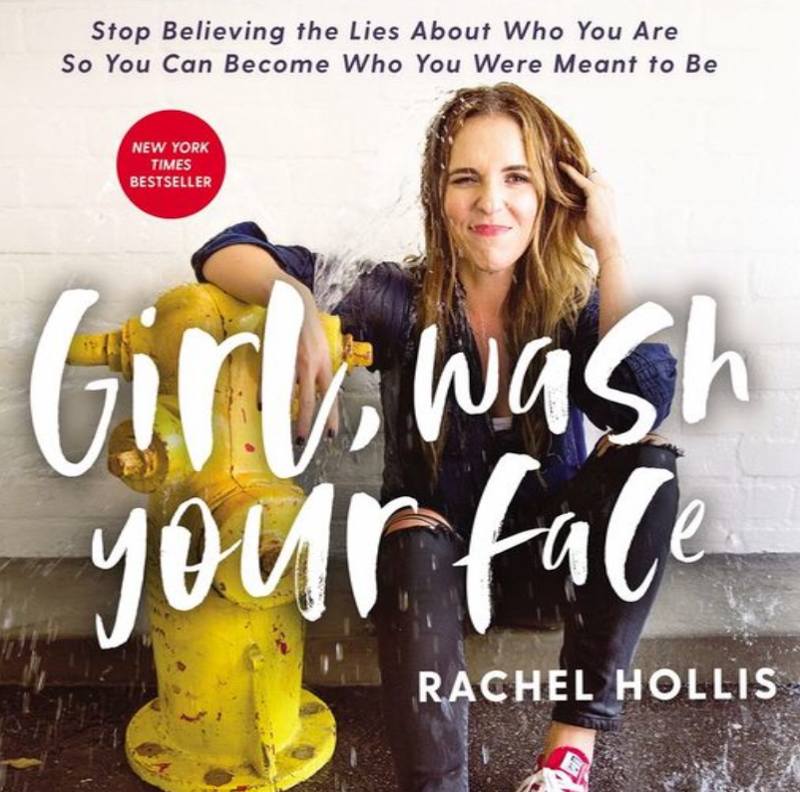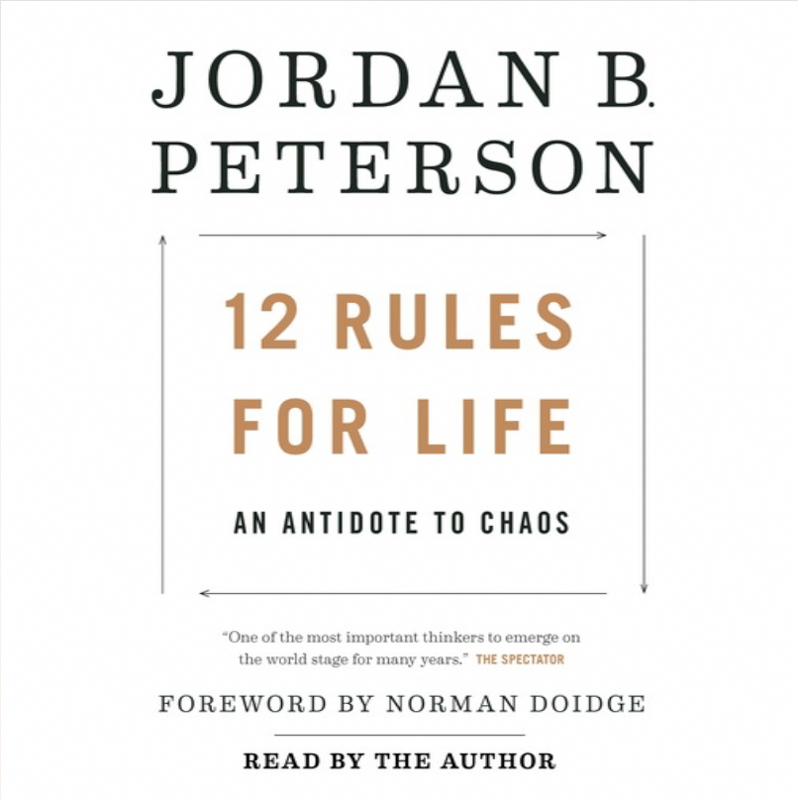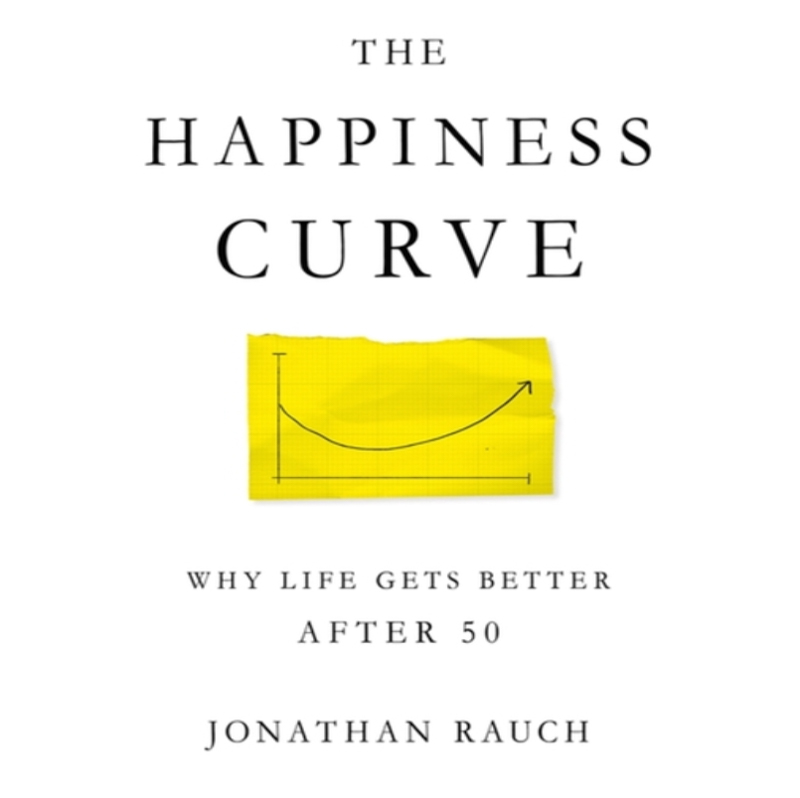The Subtle Art of Not Giving a F*ck
Background
Written in 2016, “The Subtle Art of Not Giving a F*ck” is a self-help book by author Mark Manson that encourages readers to embrace the inevitable struggles and challenges of life, and to focus on what truly matters to them. The book promotes the idea that we should be selective in what we care about, and that by letting go of the things that don’t truly matter, we can find more meaning and fulfillment in our lives. Manson also emphasizes the importance of taking responsibility for our own lives and choices, and accepting that pain and adversity are an inevitable part of the human experience. The book uses humor, personal anecdotes, and profanity to convey its message, and has become a popular and controversial bestseller.
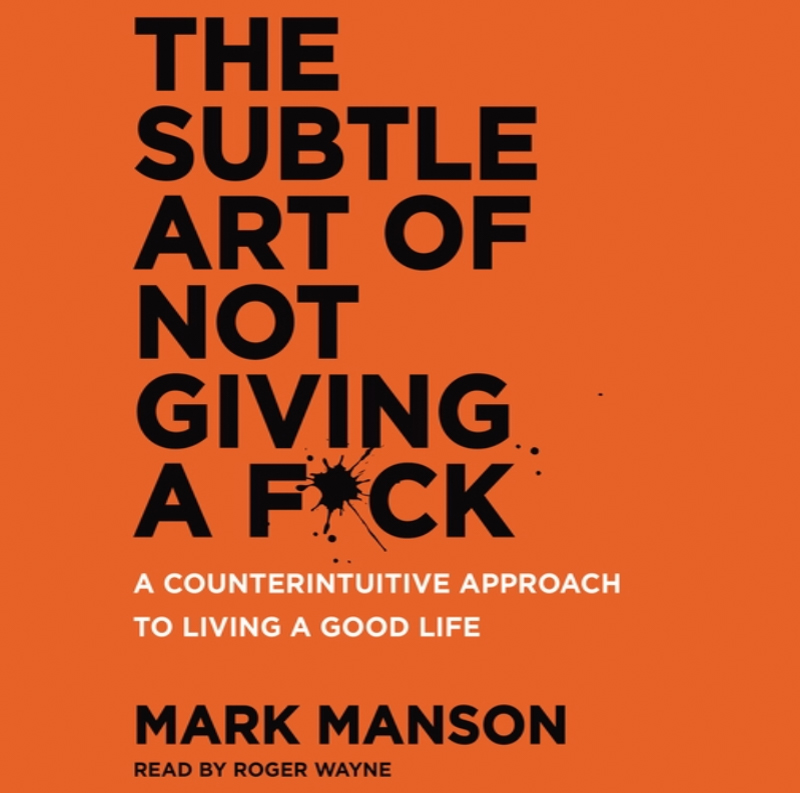
My Thoughts
I really liked this book. I enjoyed his humor and the overall message. I told people at; work, church, and my poor family about it again and again.
Recommendation
A great read
